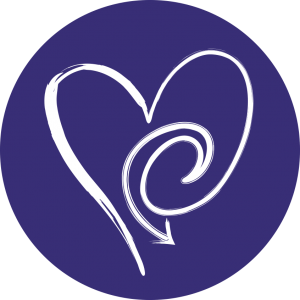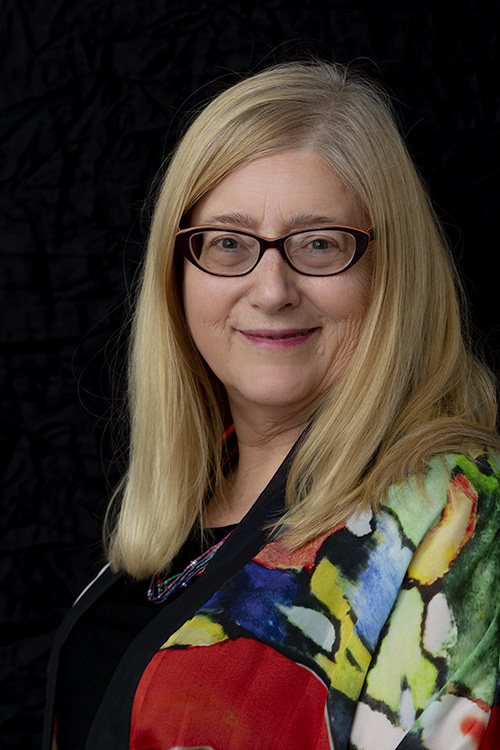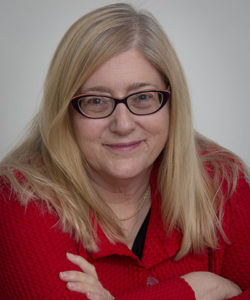And Now the Days of Writerly Excess
When October has come and gone, when your costume is back in the box and your Jack O’Lantern has grinned its last grin, it’s time for that annual festival of writerly excess, National Novel Writing Month.
If you have ever struggled with your Inner Critic, if she insists that you either formulate the perfect sentence or forget this ridiculous notion of being a writer, give your Critic a whole new job this November: Flogging you to write 2000 words a day, of whatever quality. Just get those words on the page (or the screen). Keep the pen moving (or the keys clicking). Because with NaNoWriMo, as this event is known, the goal is sheer quantity: 50,000 words in a month. Yes, you’re signing up to write an entire novel in just 30 days—because November isn’t even an especially long month.
NaNoWriMo started in 1999 and had 21 writers the first year. The next year it was up to 140.
The first time I did NaNoWriMo was early in the century when the concept was still new. On the last night of November, a couple dozen writers got together in San Francisco. Those of us who had written 50,000 words got to wear little paper crowns and read to one another. Over the years this event has completely transformed, with a third of a million novels completed by close to a million novelists. At least eight best-selling novels started as NaNoWriMo drafts, including Water for Elephants by Sarah Gruen and Fangirl by Rainbow Rowell.
And those top sellers are just the tip of the NaNo iceberg, with more writers each year discovering the magic of writing in a rush. In 2010, 200,000 writers participated and wrote more than 2.8 billion words.
NaNoWriMo has even spawned additional events, such as Camp NaNoWriMo in the summers, when writers can join a small group called a “cabin” and encourage one another’s writing. There are also editing events called “Now What?” in January and February, for writers who completed a manuscript the previous November. In addition, NaNoWriMo is now part of a non-profit called The Office of Letters and Light that partners with a children’s literacy project in San Francisco. Over the years, the nonprofit has also contributed to the construction of libraries in Southeast Asia.
There are many reasons for NaNoWriMo’s enormous success, beginning with the basics: Writers are people who write. A lot. And signing up for NaNoWriMo means committing to park your butt in the chair every day for thirty days. No excuses, no waiting for inspiration, no higher priorities, just write.
Back in the day, NaNoWriMo purists did not prepare ahead of time. They just wrote whatever came into their heads each day. It was the ultimate pantser approach, for those of you into the planner-versus-pantser controversy. There were lots of talking woodchucks and edible rainbows. But over the years, this event has become much friendlier to planners. Look on their website and you will see that NaNoWriMo actively encourages writers to sketch out what they’re doing ahead of time, with weekly planning sessions in October. Decide on a story you love, write an outline, write character sketches, and research the historical or technical information that supports your plot. Do whatever you need to do to get ready. For many writers, this upfront work can free us from being distracted when November arrives.
And when the first of November dawns, set aside time to write each day. How much time depends entirely on your speed. Just keep in mind that time pressure is a feature not a bug in NaNoWriMo. The whole idea is to eliminate the time it takes to second-guess yourself. Use the first word that comes to mind and don’t even think about synonyms. Editing is so January. Give your characters their heads and let them pull you in new directions. Or if it pleases your rapid writer brain, spend an entire page describing a room. And just go ahead and heap on the clichés. This version is for you—no one else need ever see it. At the end of the month, when you upload your draft, all NaNoWriMo is going to do is count the words. All fifty thousand could be the same word, for all the program knows, and you would still be a winner. Many writers who have created first drafts in NaNoWriMo credit the process with generating ideas they might not have had otherwise. Writing rapidly with no time for self-censorship can give us access to ideas we would not have expressed under ordinary circumstances.
For those of us who write erotica or romance, writing rapidly can be especially useful at breaking down barriers. A first draft should always be about play, without regard to what might embarrass the writer or the reader. In writing erotica, though, the impulse to self-censor can be even stronger than for other forms of writing. Why not take advantage of this fine opportunity to ignore the demands of good taste and just write every fantastic scenario that comes to mind? And if you want to be even more of a rebel, you can write short stories instead of a novel. Who will know? Get every wild story line in your head out onto your laptop. If you need a ‘starter’ or want to practice, check out my FREE writing classes and sign up!
Writing can be a solitary enterprise. One of the joys of NaNoWriMo is writing in community, and even a pandemic can’t interfere. These days NaNoWriMo offers online write-in sessions, where those of us wacky enough to take on this challenge can write in solidarity with other similarly daring folks. There are Facebook groups where people post their daily word counts. You could get your whole writing group to sign up and cheer one another’s progress. Post pictures related to your story on Pinterest or Instagram. Make it a pandemic party.
Are you ready? Sign up here and get ready for a November to remember.



3 Responses
I commend any writer who can commit a month to NaNoWriMo. What and when we write, no matter for a month’s concentration for
NaNoWriMo, or all during the year, is a balance of commitment and hard work.
Indeed! Not to mention plain old stubbornness… at least for me!
Fantastic !!! I did not know NaNoWriMo !
Unfortunately I prefer reading than writing
“And signing up for NaNoWriMo means committing to park your butt in the chair every day for thirty days. “. ahahahahah !